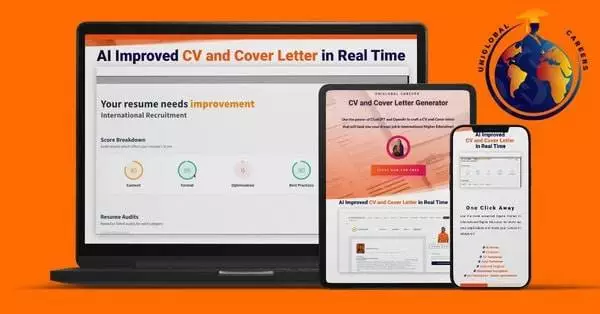Corporate training, or workplace learning, is a set of educational activities provided to employees, typically free of cost. It can cover a range of topics and improvement areas from soft skills to role-specific competencies. The goal of a corporate training program is to enhance your employees’ personal and professional development. It can take place in a one-on-one or group setting, and it’s often led by a knowledgeable instructor. Corporate training benefits employees and businesses as it builds intellectual capital and upskills or reskills employees. Investing in the career growth and skill development of employees is essential. Managers and individual contributors alike can benefit from corporate training. It helps keep teams aligned on company goals and positioning their personal growth to feed into that of the organization. Employees are also given the space and resources to flourish. With an effective training program, each individual creates a path with attainable goals that they can work toward within the company. In addition to the upskilling they gain, this clarity and vision can also help increase motivation, creativity, collaboration, and retention.
The main goals of corporate training programs are to equip employees with the right skills, reduce skills gaps and provide ongoing learning, invest in and retain talent, and create a cohesive company culture. Corporate training also helps with career development, as it gives employees the skills and knowledge they need to reach their full potential. To deliver a successful training program, employers need to align the goals of training with the business objectives. At the same time, the program must be engaging and meet your employees’ needs. Incorporating e-learning into your training is a must. It will help you remain competitive and meet the needs of your employees. When designing a corporate training program, employers should consider content relevance, goal alignment, learning styles, engaging delivery, leadership by-in and advocacy, time commitments, benchmarking, and maintenance.
Summary from www.betterup.com


